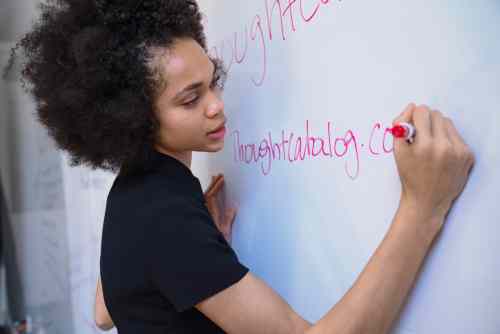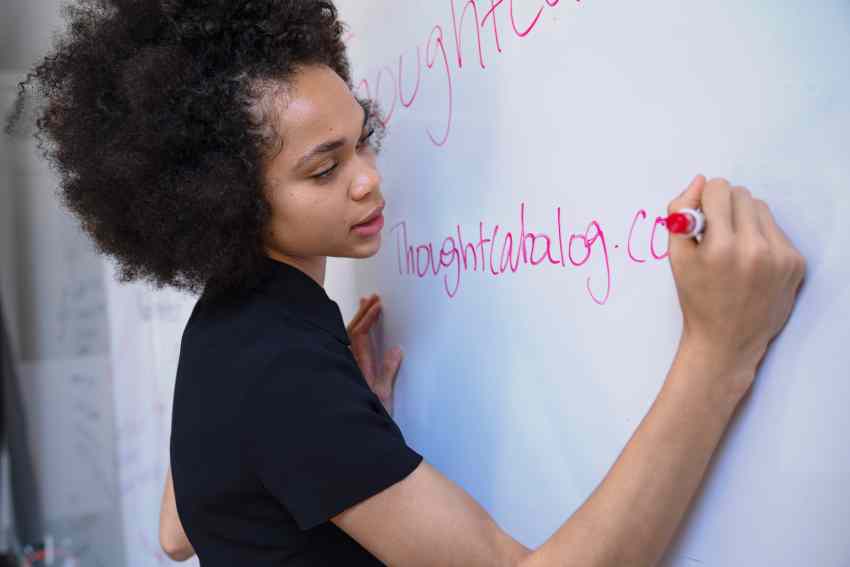Teaching is a very noble profession that shapes the character, caliber, and future of an individual. A good teacher can inspire hope, ignite the imagination, and instill a love of learning. However, when a teacher imposes their knowledge on a child, they tend to stifle the child’s talents, creativity and potential.

Mrs Fadekemi Olumide Aluko, Governor, Grange Governing Council and Head of School at the Toddler Tree School & Educational Consultants, urges teachers to teach pupils self-learn, draw out conclusions and develop values while still allowing their spirits to thrive. In a statement made to PUNCH, she advises teachers to stop imposing what they know on pupils and instead; embrace the teaching method of harvesting pupils’ innate gifts to move society forward.
[Tweet “”Teachers need to stop imposing what they know on pupils and instead; embrace the teaching method of harvesting pupils’ innate gifts to move society forward.”Olumide Aluko”]
She implores teachers to find the patience to search for the specialness in every pupil. Olumide-Aluko said, “It is not so much what we are putting into the learner as what we are drawing out of him. I believe every human being is unique, with their own unmatchable set of God-given gifts, strengths, and perceived weaknesses.
“Often times, our authoritative culture gets in the way of our understanding that our primary purpose as educators is to search for that specialness within the learner and then through our approach create a gateway, an enabling environment for that gift to find its way through the forest of lack of confidence or self-doubt, challenges of family background, poverty, culture sometimes, ethnic or social prejudices. When we find it, it can then be refined, honed and allowed to shine.

“This is the true purpose of education. Not just to espouse what we already know but to bring out new knowledge and values, that allow society to move forward. We must strategically plan opportunities where pupils are able to self-learn, draw out conclusions and develop values while still allowing their spirits to thrive. For education to move a nation forward, it must instruct, nurture, create deep understanding through questioning and analysis, bring forth revelation that comes from deep within. It must inspire and allow individual spirits to soar. [Read: How to talk to your child’s Teacher – Guide for parents]
The first six years of every child’s learning is important
According to Olumide-Aluko, schools should take advantage of the first six years of every child. This is in order to repair the value deficiencies the nation is experiencing in today’s youth.
She said, “Modern research has now confirmed, irrefutably, that the first six years of life record the highest intellectual, social and emotional development in a human being; with 92 per cent of the brain and most of the personality having been formed by age six. So, when we focus our efforts more on after this stage; whether primary, secondary or tertiary level, we would make some gains no doubt. But we will loose huge potential if we don’t start from the beginning.

“We should take full advantage of the early years in the support of an education that can really address some of our fundamental value deficiencies that make living in Nigeria what it is today. Little wonder that in the national educational curriculum of Japan; their children do not engage in academic work till after they are six. They also don’t sit any exams till age of 10.
“Rather, the main thrust of their early education is to develop good character, good manners, grit, self discipline and justice. They have figured out the values needed to move their nation forward. As a result, they focus squarely on them in the first years of education. All comparative development indices of the world show that it is working for them; a Nigerian version of this strategy is highly recommended for us as a nation,” Olumide-Aluko said.
What do you think mums? Do teachers you’ve encountered usually impose their knowledge on children?



